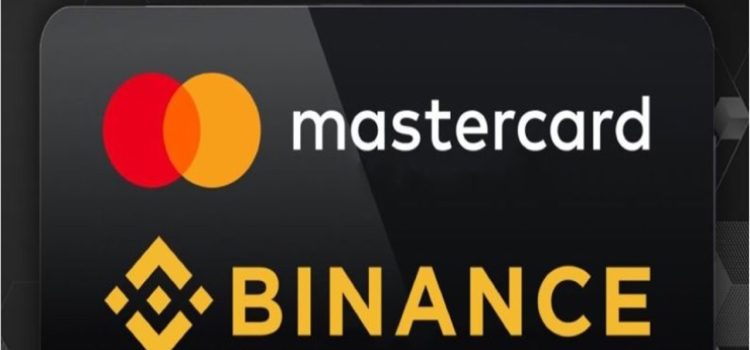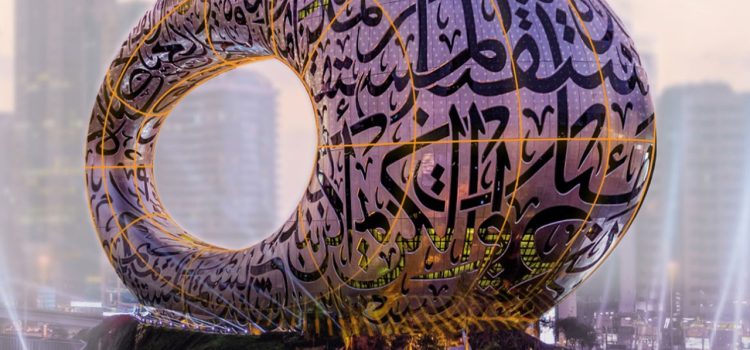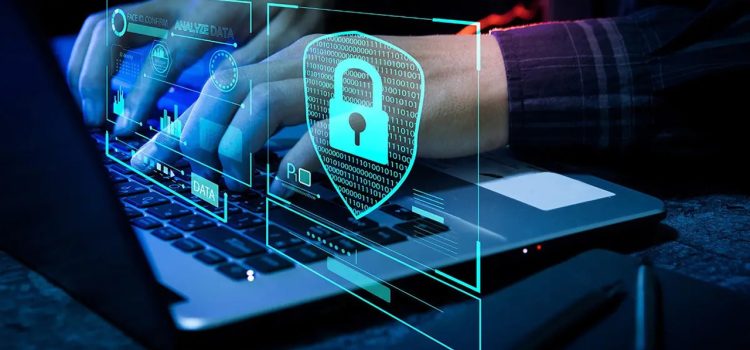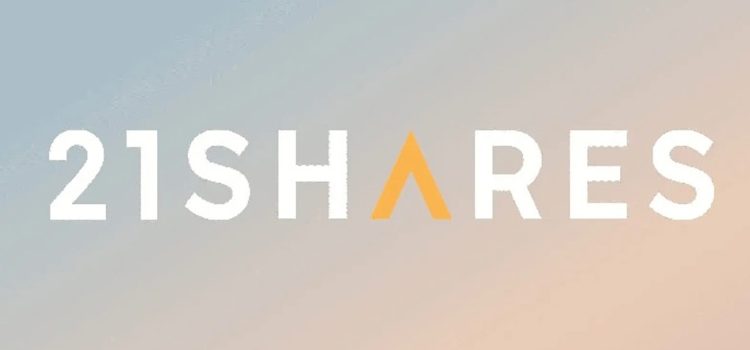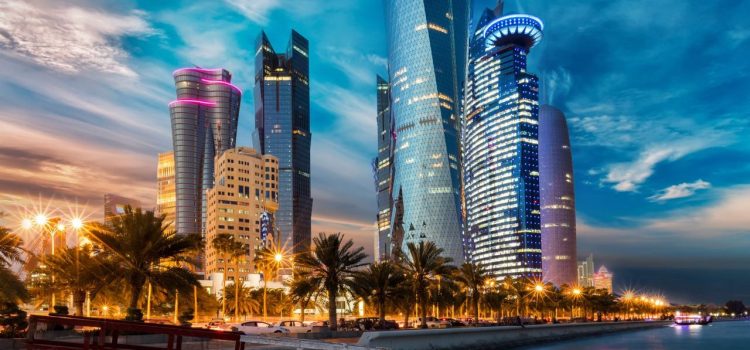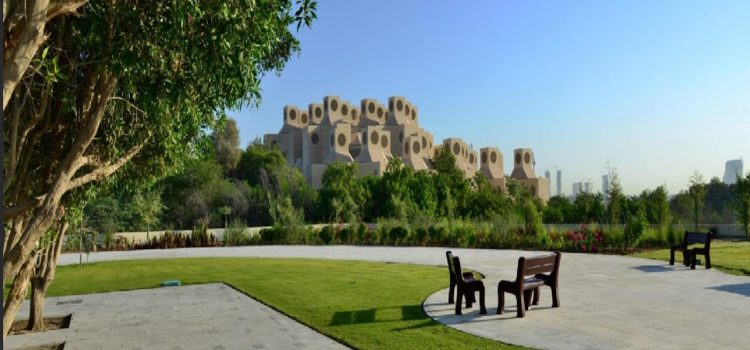
On August 23rd 2022, Michael Miebach the CEO of MasterCard posted on LinkedIn, “We can unlock the full potential of blockchain technology when we make it easier to access and easier to use. One way we do that is by bringing crypto to everyday purchases. To make that a reality, we’re working with Binance to let people use their crypto to make purchases at 90 million stores that accept MasterCard. We are launching this work in Argentina with plans to expand from there.”
It seems that the expansion will be in the MENA region and come very soon.
So as mentioned, MasterCard and Binance will start offering customers the opportunity to pay for items with their Bitcoin and BNB, using a Binance Card. A prepaid card, that bridges crypto and fiat currencies, in Argentina. The plan is to then roll out this offer to include 90 million stores worldwide.
The Binance Card can be used by anyone with a valid national ID to pay bills and make purchases with the card, using their Bitcoin and BNB holdings.
The first stop was Argentina launched earlier in August 2022, with speculations that the USA, and Venezuela or other countries that are big on crypto would be next.
But it seems that expansions could actually start in the MENA region. Richard Teng, Binance regional Head of MENA also posted on LinkedIn two days after Michael and stated, “Excited to announce our partnership with MasterCard on crypto cards and payment. Introducing this soon in MENA. Watch this space….”
This clearly indicates that the next stop for the Binance MasterCard partnership will be in MENA and most probably in the UAE. The UAE has one of the most forward looking crypto regulations globally as well as being the third biggest crypto user base in MENA.
In January 2022 a report published by TripleA cryptocurrency Payments Company, showed that Morocco topped the Arab countries in terms of crypto owners or users followed by Egypt, UAE, and then KSA. The report stated that in 2021 global crypto ownership was estimated at an average of 3.9 percent, 300 million crypto users and 18,000 businesses already accepting crypto payments.








